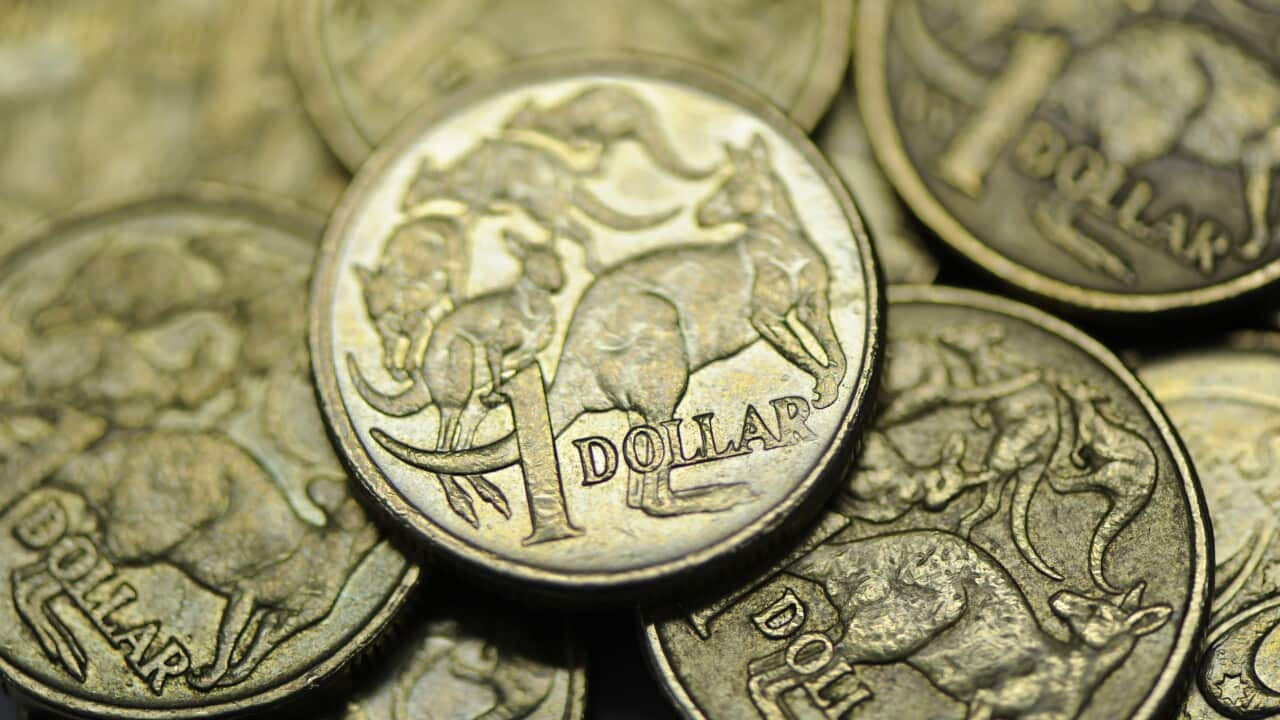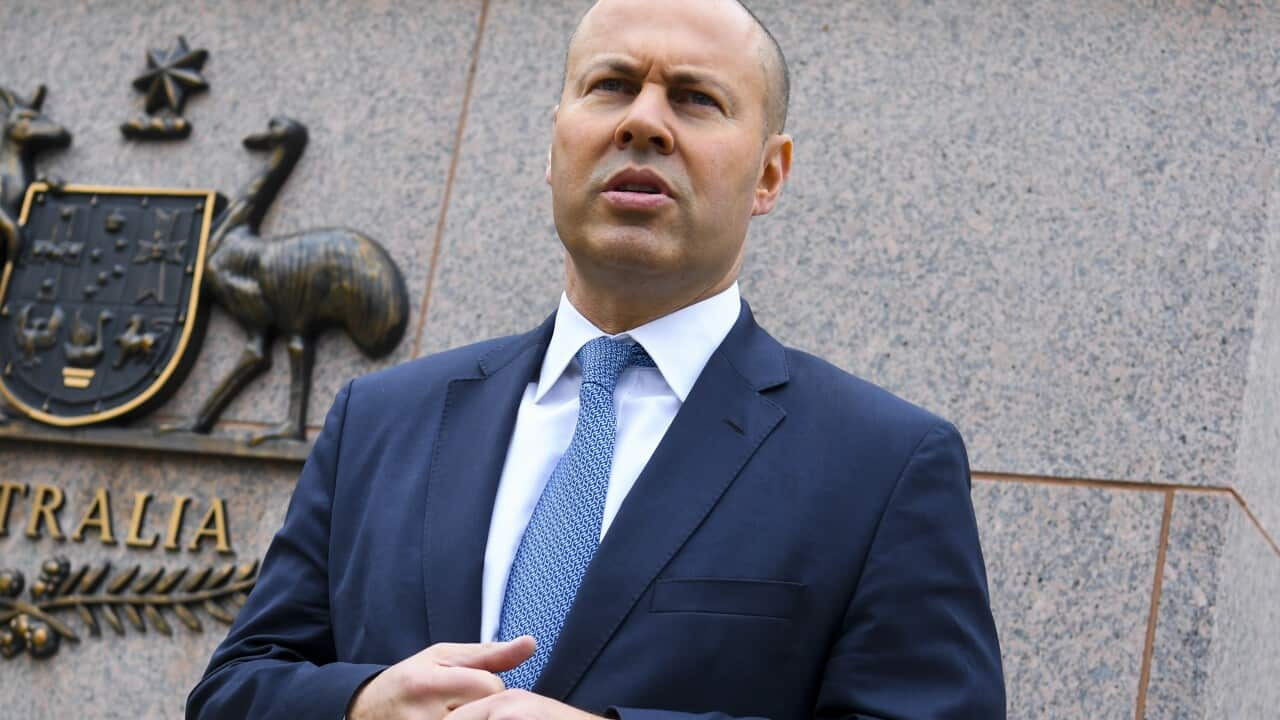Australia's latest wages data has been labelled a "horror result" that signals a need for "government intervention" after the figures came in at a rate below inflation.
The data from the Australian Bureau of Statistics (ABS) showed wages grew 0.7 per cent in the March quarter and 2.4 per cent over the year, but failed to keep pace with over the year to March.
Wages in the private sector rose 0.7 per cent and 0.6 per cent in the public sector, according to the ABS.
Labour market and fiscal policy director at the Australia Institute’s Centre for Future Work Greg Jericho described the new data as a "horror result for workers".
“The latest wages data show that real wages in the past 12 months fell 2.5 per cent,” Mr Jericho said.
“This horror result for workers shows that not only are wages not putting pressure on inflation but that workers are not seeing the benefits of lower unemployment.
“Real wages are now below what they were at the last election and are essentially no different from where they were at the September 2013 election.”
Senior economist at the Australia Institute, Matt Grudnoff, said the Wage Price Index figures represent the worst wage decline this century.
"Today’s figures confirm the worst real wage decline this century," Mr Grundoff said.
"The latest release of the Wage Price Index shows that over the last 12 months real wages have fallen 2.5 per cent.
“This represents the biggest destruction of real wages in Australia since records began.
"Looking at it on an annual basis and including the forecast in the budget estimates for next year we can see the unprecedented fall from 2021 to 2022 of real wages, which are expected to fall 3.5 per cent.
Mr Grundoff said the data shows that "government intervention is required".
Cost of living pressures remain a key issue for Australians heading into the federal election.
Inflation and real wages top of election agenda
Opposition leader Anthony Albanese said he wasn't surprised by Wednesday's figures.
"Most are the inevitable end result of a decade of cuts, mismanagement, neglect and a government that's just focused on itself," Mr Albanese said.
"With the real-world consequences felt by hardworking Australians, like today's news, that real wages have gone backwards yet again. A fall of 2.7%. What a hit. This delivers the biggest cut to real wages in more than 20 years.
"Under Scott Morrison, real wages are plummeting while the cost of living is skyrocketing.
"Australian workers are paying the price for a decade of bad policy and economic failures, while Scott Morrison says he should be rewarded with another three years, because he's just getting started."
The ABS said annual wages growth had risen in the past five quarters, up from the low of 1.4 per cent in December quarter 2020.
The quarterly index, which measures the changes in wages and salaries over time, is unaffected by changes in the quality or quantity of work performed.
The major purpose of the WPI is to measure the effect of inflation on wages and salaries, and is a key economic indicator used when assessing monetary policy.
Since the Reserve Bank of Australia (RBA) from a record low 0.1 per cent in May, inflation against wage growth has been a key topic during the election campaign.
Treasurer Josh Frydenberg said in April that Australia's unemployment rate remained low at 4 per cent, but the Opposition said unemployment rates don't tell the whole story, and "real wages" should be the focus.
Mr Grudnoff said in April although employment rose slightly, "the total number of hours fell" and "underemployment continued to remain significantly higher than employment".
Mr Albanese has been campaigning on increasing real wage growth, arguing that inflation and the cost of living are too high for Australians on a low salary.
Inflation in Australia is at 5.1 per cent, and Mr Albanese wants to increase wages by the same amount, which he said works out to be about $1 an hour for minimum salary jobs.
Prime Minister Scott Morrison labelled Mr Albanese a "loose unit" on 11 May for backing the wage rise, but as the election date draws closer with greater cost of living pressures, he said he welcomes higher wages.




